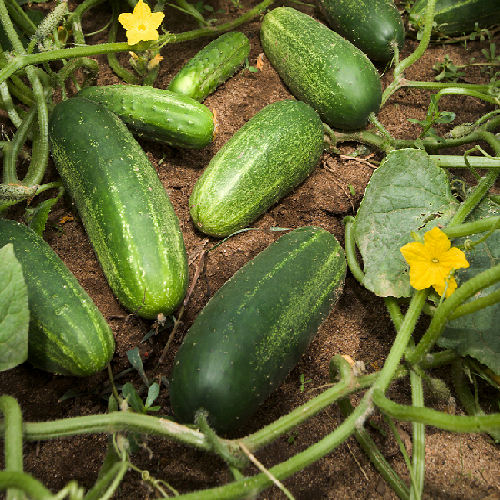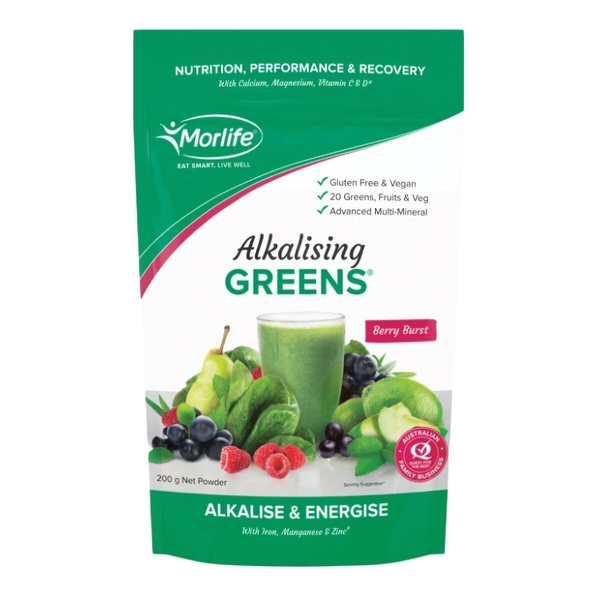
Cucumber
Scientific names: Cucumis sativus
Family: Cucurbitaceae
Alternative names: Cucumber Extract, Cucumber Fruit, Cucumber Fruit Extract, Cucumber Fruit Water, Cucumber Juice, Cucumber Seed Extract, Cucumber Seed Oil, Pickling Cucumber, Slicing Cucumber, Tokhm-e-khiyar
Actions: General, Anti-diabetic, Anti-inflammatory, Antioxidant, Hypolipidemic, Wound healing
Background
Cucumber (Cucumis sativus) is a creeping vine that grows long fruit commonly eaten as a vegetable. The fruit, seed, and stem are used in medicine.
Cucumber seed contains fats that might help lower cholesterol. The fruit contains chemicals that might help to reduce swelling and speed up wound healing.
People use cucumber for burns, diabetes, high cholesterol, high blood pressure, osteoarthritis, wound healing, and many other conditions, but there is no good scientific evidence to support these uses.
Don't confuse cucumber with Chinese cucumber. These are not the same.
Cucumber seed contains fats that might help lower cholesterol. The fruit contains chemicals that might help to reduce swelling and speed up wound healing.
People use cucumber for burns, diabetes, high cholesterol, high blood pressure, osteoarthritis, wound healing, and many other conditions, but there is no good scientific evidence to support these uses.
Don't confuse cucumber with Chinese cucumber. These are not the same.
Safety Safety definitions
When taken by mouth: Cucumbers are commonly consumed as food. Cucumber extract and cucumber seed extract are possibly safe when used as medicine, short-term. There isn't enough reliable information to know if other cucumber products are safe or what the side effects might be.
When applied to the skin: Cucumber extract, fruit, fruit extract, fruit water, juice, seed extract, and seed oil are likely safe when used appropriately. Some people might experience mild skin redness or irritation.
Allergies: Cucumber may cause allergic reactions in people who are allergic to other fruits and plants, such as kiwi, melon, watermelon, banana, apricot, latex, papaya, celery, carrot, and ragweed. Avoid eating cucumber if you are allergic to any of these products.
Diabetes: Cucumber seed might decrease blood sugar levels. This might increase the chance of blood sugar levels becoming too low in people being treated for diabetes. Monitor your blood sugar carefully.
Surgery: Cucumber seed might lower blood sugar levels. This might interfere with blood sugar control during and after surgery. Stop using cucumber seed at least 2 weeks before a scheduled surgery.
When applied to the skin: Cucumber extract, fruit, fruit extract, fruit water, juice, seed extract, and seed oil are likely safe when used appropriately. Some people might experience mild skin redness or irritation.
Special Precautions & Warnings
Pregnancy and breast-feeding: Cucumbers are commonly consumed as food. There isn't enough reliable information to know if cucumber is safe to use in larger amounts as a medicine when pregnant or breast-feeding. Stay on the safe side and stick to food amounts.Allergies: Cucumber may cause allergic reactions in people who are allergic to other fruits and plants, such as kiwi, melon, watermelon, banana, apricot, latex, papaya, celery, carrot, and ragweed. Avoid eating cucumber if you are allergic to any of these products.
Diabetes: Cucumber seed might decrease blood sugar levels. This might increase the chance of blood sugar levels becoming too low in people being treated for diabetes. Monitor your blood sugar carefully.
Surgery: Cucumber seed might lower blood sugar levels. This might interfere with blood sugar control during and after surgery. Stop using cucumber seed at least 2 weeks before a scheduled surgery.
Effectiveness
Effective Effectiveness definitions
There is interest in using cucumber for a number of purposes, but there isn't enough reliable information to say whether it might be helpful.
Dosing & administration
Cucumbers are commonly eaten as a vegetable. But as medicine, there isn't enough reliable information to know what an appropriate dose of cucumber might be. Keep in mind that natural products are not always necessarily safe and dosages can be important. Be sure to follow relevant directions on product labels and consult a healthcare professional before using.
Interactions with pharmaceuticals
Medications for diabetes (Antidiabetes drugs)
Interaction Rating=Moderate Be cautious with this combination.
Cucumber seed might lower blood sugar levels. Taking cucumber seed along with diabetes medications might cause blood sugar to drop too low. Monitor your blood sugar closely.
Interactions with herbs & supplements
Herbs and supplements that might lower blood sugar: Cucumber seed might lower blood sugar. Taking it with other supplements with similar effects might lower blood sugar too much. Examples of supplements with this effect include aloe, bitter melon, cassia cinnamon, chromium, and prickly pear cactus.
Interactions with foods
There are no known interactions with foods.
Products
View all productsPer 10 g (Berry Burst):
- Cucumis sativus (Cucumber)
- Rubus idaeus
- Medicago sativa
- Arthrospira platensis (Spirulina)
- Brassica oleracea var. acephala (leaf) powder (Kale)
- Spinacia oleracea
- Petroselinum crispum
- Fagopyrum esculentum (leaf)
- Chlorella vulgaris powder
- Brassica oleracea var. italica (sprout) powder
- Malus (Apple)
- Ananas comosus (Pineapple)
- Pyrus communis (Pear)
- Citrus limon (Lemon)
- Citrus aurantiifolia (Lime)
- Euterpe oleracea (berry) ext. (Acai)
- Urtica dioica
- Mentha x piperita
- Camellia sinensis
- Apium graveolens
- Magnesium citrate
- Potassium citrate
- L-glutamine
- Calcium citrate
- Natural flavours
- Taraxacum officinale (leaf) ext. dry
- Eleutherococcus senticosus ext. dry
- Curcuma longa ext. dry
- Withania somnifera ext. dry
- Camellia sinensis ext. dry
- Rosmarinus officinalis ext. dry
- Aloe barbadensis ext. dry
- Gardenia jasminoides ext. dry
- Piper nigrum ext. dry
- Magnesium gluconate
- Apple pectin
- L-alanine
- Xanthan gum
- L-histidine
- Lactobacillus acidophilus
- Bifidobacterium lactis
- Bifidobacterium bifidum
- Bifidobacterium longum
- Potassium ascorbate (Vitamin C)
- Citric acid anhydrous
- Zinc gluconate
- Ferrous fumarate
- Manganese citrate
- Selenomethionine
- Vitamin D
- Chromium picolinate
- Acacia sp. (fibre)
200 g Berry Burst
$47.95
Currently unavailable at vital.ly
Create account
vital.ly has licensed monographs from TRC Healthcare.
This monograph was last reviewed on 19/02/2024 11:00:00 and last updated on 07/10/2020 03:19:59. Monographs are reviewed and/or updated multiple times per month and at least once per year.
Natural Medicines disclaims any responsibility related to medical consequences of using any medical product. Effort is made to ensure that the information contained in this monograph is accurate at the time it was published. Consumers and medical professionals who consult this monograph are cautioned that any medical or product related decision is the sole responsibility of the consumer and/or the health care professional. A legal License Agreement sets limitations on downloading, storing, or printing content from this Database. No reproduction of this monograph or any content from this Database is permitted without written permission from the publisher. It is unlawful to download, store, or distribute content from this site.



